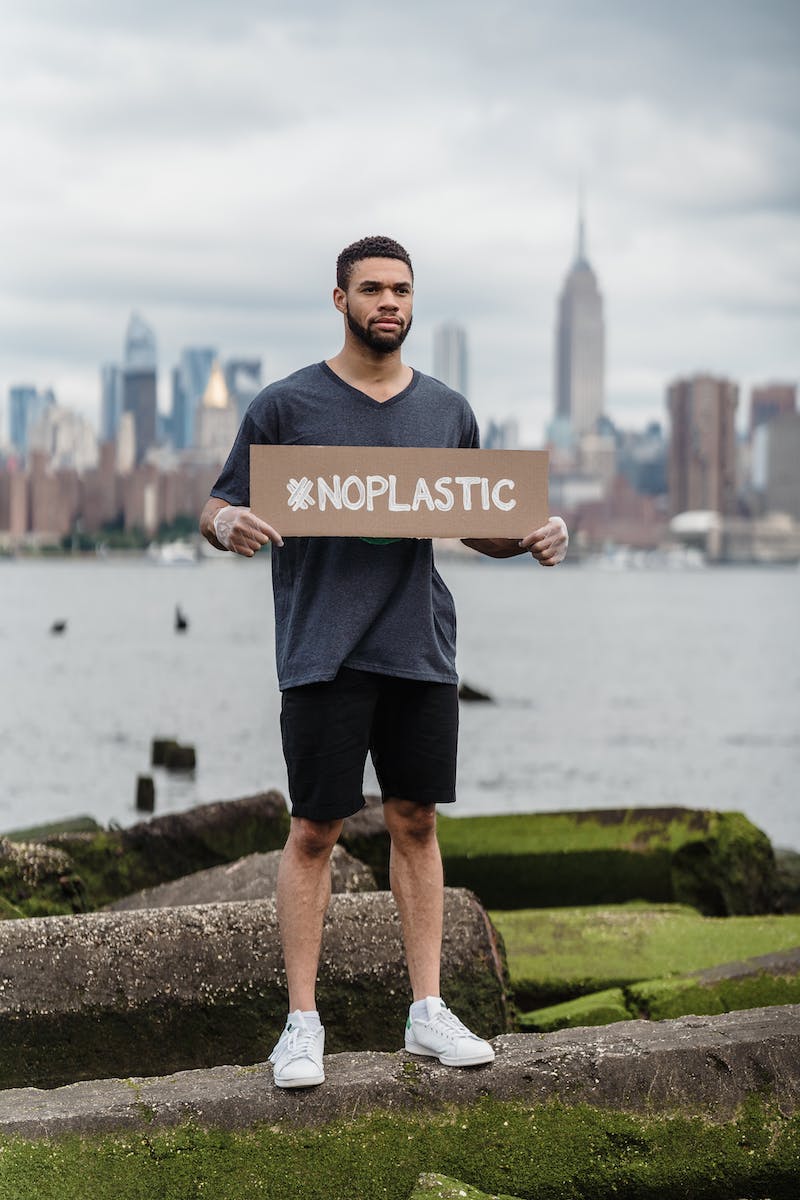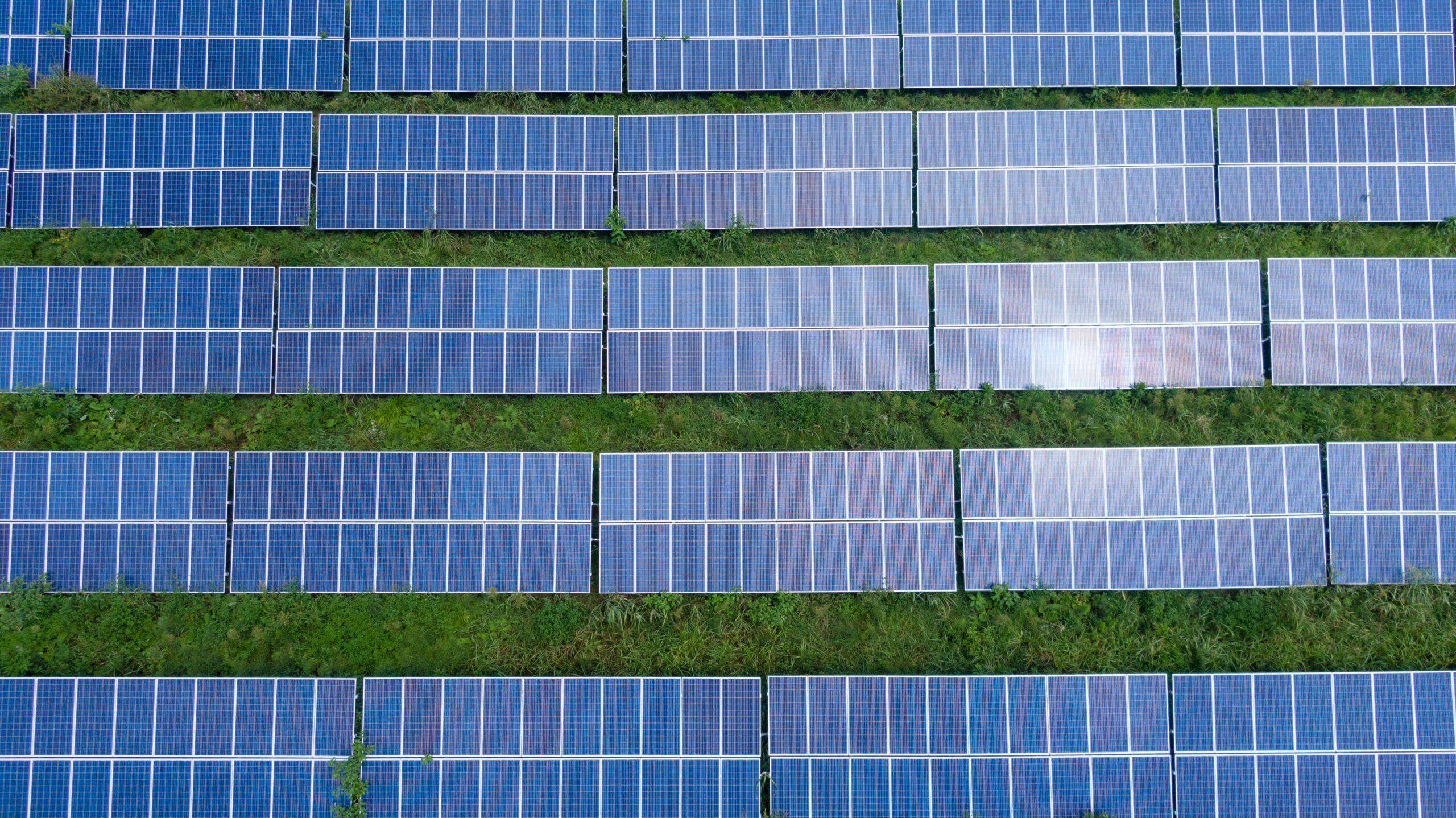The Pros and Cons of Embracing a Zero Waste Lifestyle
Exploring the Benefits and Drawbacks of Going Zero Waste
In a world facing environmental challenges, the concept of zero waste living has gained significant attention. A zero waste lifestyle involves minimizing waste generation through conscious consumer choices, sustainable practices, and reduced reliance on single-use items. The ultimate goal is to send nothing to the landfills or incinerators. While this approach offers numerous benefits for the planet, it also presents certain challenges. Let's delve into the advantages and disadvantages of embracing a zero waste lifestyle.
Achieving a zero waste lifestyle involves embracing sustainable habits such as composting, recycling, reusing, and reducing. It requires mindful consumption, a focus on renewable resources, and a commitment to minimizing one's carbon footprint. However, while the environmental benefits are undeniable, there are practical and social implications that individuals considering this lifestyle must weigh carefully. To help you make an informed decision, let's explore the pros and cons of zero waste living in more detail.
Pros
Embracing a zero waste lifestyle offers a myriad of advantages, both for individuals and the environment. From reducing environmental impact to promoting sustainable consumption, the benefits are compelling. Let's explore the positive aspects of zero waste living in greater detail.
Environmental Conservation
By minimizing waste generation, zero waste living significantly contributes to environmental conservation. It helps reduce pollution, conserve natural resources, and mitigate the impact of climate change. Embracing sustainable practices such as composting and recycling fosters a healthier planet for current and future generations.
Promotion of Sustainable Consumption
A zero waste lifestyle encourages mindful and sustainable consumption. It promotes the use of reusable products, supports local and eco-friendly businesses, and fosters a greater awareness of the environmental impact of individual choices. This shift towards sustainable consumption aligns with the principles of ethical and responsible living.
Financial Savings
In addition to environmental benefits, zero waste living can lead to financial savings. By reducing unnecessary purchases, embracing DIY solutions, and minimizing reliance on single-use items, individuals can curtail their expenses and adopt a more frugal lifestyle. This can result in long-term cost savings and greater economic resilience.
Community Engagement
Embracing a zero waste lifestyle often leads to increased community engagement and collaboration. It fosters connections with like-minded individuals, promotes knowledge sharing, and encourages participation in local sustainability initiatives. This sense of community and solidarity can strengthen social bonds and contribute to a sense of shared purpose.
Health Benefits
Embracing a zero waste lifestyle often involves choosing natural and organic products, leading to reduced exposure to harmful chemicals. By minimizing consumption of packaged and processed foods, individuals may experience overall health improvements.
Creativity and Innovation
The zero waste approach encourages individuals to find innovative ways to reuse and repurpose items, stimulating creativity. It fosters a mindset of finding sustainable solutions and promotes the development of eco-friendly products and technologies.
Missing a pro?
Let us know which pro you are missing!
Cons
While the benefits of zero waste living are compelling, there are certain challenges and limitations associated with this lifestyle. It's important to consider the drawbacks to make an informed decision about embracing a zero waste approach. Let's explore the potential disadvantages of zero waste living.
Practical Constraints
One of the primary challenges of zero waste living is the practical constraints faced in a society dominated by convenience-oriented and disposable products. Finding package-free or bulk items, managing waste disposal without traditional systems, and navigating everyday tasks can pose significant hurdles for individuals transitioning to a zero waste lifestyle.
Social Impact
Embracing a zero waste lifestyle may have social implications, including potential social stigma or ostracization. Individuals adhering to zero waste principles may encounter skepticism, resistance, or isolation within their social circles or communities. This can create a sense of alienation or difficulty in maintaining zero waste practices in social settings.
Time and Effort
Adopting a zero waste lifestyle requires considerable time and effort. From sourcing sustainable alternatives to managing waste through recycling and composting, the lifestyle demands a significant investment of time and energy. This commitment may be challenging for individuals juggling professional, personal, and family responsibilities.
Limited Availability of Alternatives
In some regions, the availability of sustainable and package-free alternatives may be limited. Access to bulk stores, zero waste shops, or community recycling facilities can vary, posing challenges for individuals seeking to adopt a zero waste lifestyle. Limited availability of eco-friendly products and infrastructure can hinder the transition to zero waste living.
Challenges in Accessing Resources
In some regions, access to package-free and sustainable alternatives may be limited, making it challenging for individuals to fully adopt a zero waste lifestyle. This limitation can lead to frustration and reliance on traditional, non-sustainable options.
Social Stigma
Certain social situations may pose challenges for those practicing a zero waste lifestyle, as it can be misunderstood or perceived as inconvenient by others. This may lead to social stigmatization and a sense of isolation for some individuals.
Missing a con?
Let us know which con you are missing!
Conclusion
Embracing a zero waste lifestyle offers numerous environmental and ethical advantages, from reducing pollution to minimizing resource consumption. However, it also presents practical challenges and social considerations that individuals must carefully evaluate. By weighing the pros and cons of zero waste living, individuals can make informed decisions about incorporating sustainable practices into their daily lives, contributing to a healthier planet for future generations.







